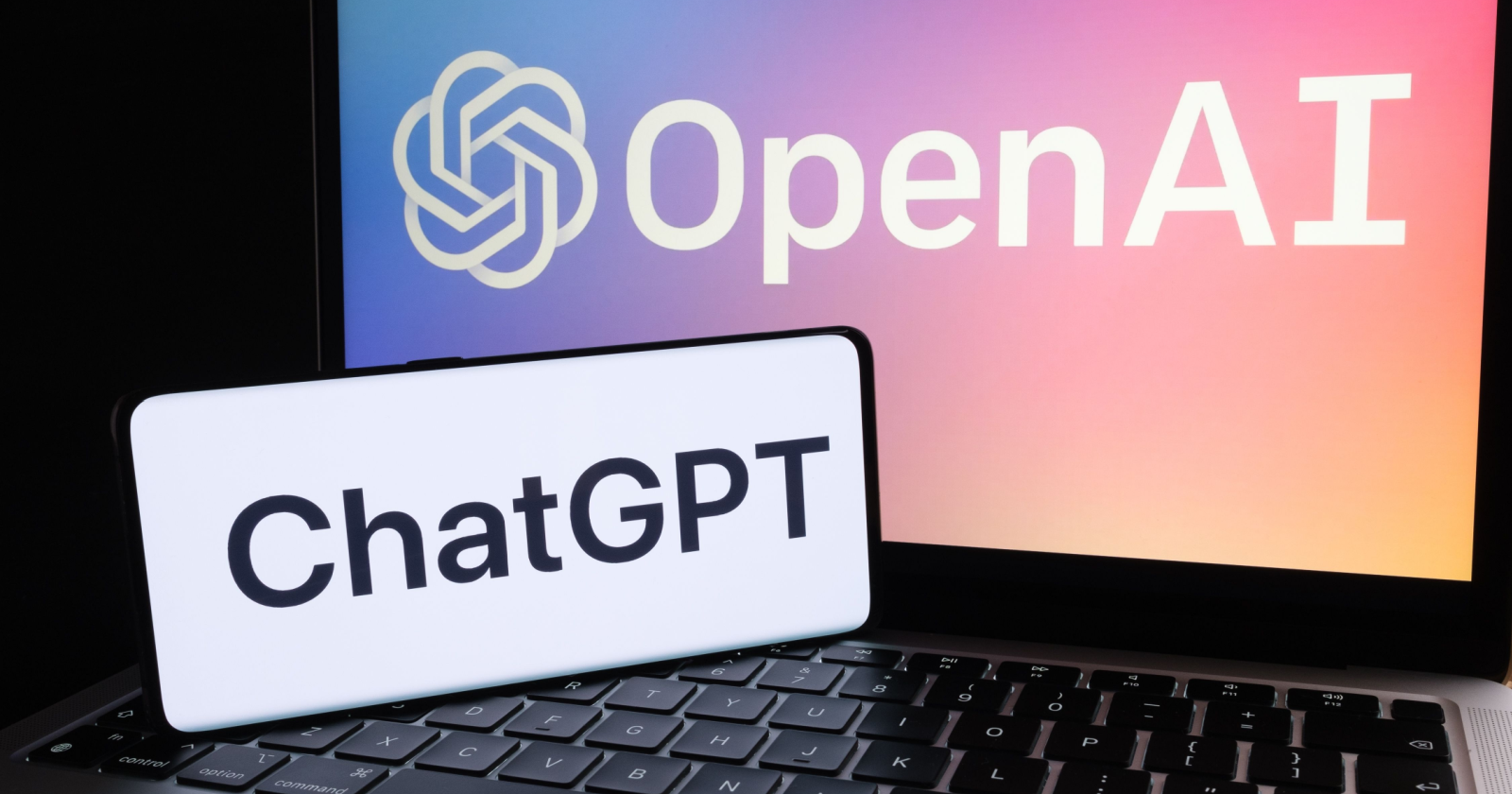Microsoft to Add ChatGPT to Bing Search Engine
Microsoft is reportedly planning to add a chatbot to its Bing search engine to provide a more natural interface for customers. But there are some concerns that this could bring about some privacy issues. Luckily, there are a few different ways to keep users safe and still give them a better experience.
Google won’t be looking to integrate conversational AI

Google has been considering conversational AI options but is still uncertain if and how to integrate them into its core product. During a recent all-hands meeting, Alphabet CEO Sundar Pichai said that the company would have to take a more cautious approach than a startup since the technology could have a negative reputation.
Conversational AI platforms are meant to understand customer intent and provide them with the right response. In this way, they can help businesses deliver personalized engagements and drive sales. However, they also have to keep the information they gather securely. Hence, scalability and adaptability are key elements in their design.
A conversational AI platform can make the most of Big Data. With a large volume of data, businesses can leverage technology to drive customer experience, increase revenue, and streamline processes. The technology can also be used to improve customer service and marketing practices.
Google’s Chatbot is not sentient, but it does try to mimic human speech patterns. It can even be programmed to respond to basic questions in real-time.
While this technology is still a work in progress, it is likely to become more prevalent. Companies like Google and OpenAI have built large AI language models to better understand user queries. They are also working on ways to enhance the AI language model to provide more natural-sounding responses.
Privacy-preserving methods
In order to comply with the EU’s General Data Protection Regulation (GDPR), companies are scrambling to implement privacy-preserving techniques. These techniques help to protect user data from leaks and are especially helpful for companies that process sensitive data.
There are several techniques that Microsoft is already using in its products. They include GPT-3, a natural language generation model that can generate messages in a style that corresponds to real people.
Microsoft has also introduced a new coding assistance tool called Copilot. This enables users to customize AI models to individual clients. The resulting output should not be seen by third parties.
ChatGPT, a natural language generation model, has been the subject of controversy. It has been known to produce results that are factually incorrect. However, it is still a great option for generating messages in a human-like style and can be used to create phishing emails and social engineering attacks.
In addition to GPT-3, Microsoft is also working on implementing other privacy-preserving techniques. Some of these methods involve secure hardware, symmetric encryption, and homomorphic encryption. Another technique is differential privacy.
Differential privacy involves detecting associations between multiple positions. One approach is to use logistic regression. Another is to use the linkage disequilibrium algorithm. Both of these algorithms are relatively new.
Potential problems
Microsoft is reportedly planning to integrate ChatGPT into its search engine, Bing. This could have a huge impact on the search industry. The company’s goal is to make Bing more competitive with Google.
Although it’s still early days, the ChatGPT technology is coming close to a conversational search interface. It’s able to provide answers to queries and can also suggest links to external resources. But it’s not perfect, and it has plenty of flaws.
One of those flaws is the fact that it doesn’t give users a referral link. In addition, it doesn’t cite the source of its information. That means it can’t be trusted for important searches.
Besides, some of the responses it gives are factually incorrect. For example, it might say the fastest marine mammal in the world is the peregrine falcon, when it actually isn’t.
Another concern is that it won’t tell you if its answers are correct or not. Users can only know if they’re accurate if they ask their questions again. And it’s likely to be slow to roll out.
Even so, there’s no doubt that Microsoft is betting on AI. Last year, it invested $1 billion in the AI firm OpenAI and plans to use its technology to improve Bing.
It’s also possible that Microsoft could use ChatGPT to create a new, more AI-driven version of Bing. If that happens, it will be a major challenge to Google.

Be the first to leave a reply